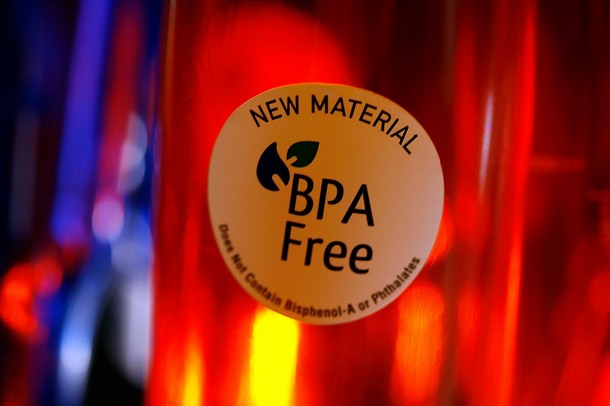BPA Levels Skyrocket after Consuming Canned Foods
February 2, 2012
by Elizabeth Walling
Natural News
February 1, 2012
A Harvard study suggests that avoiding BPA packagingmostof the time isn’t enough to avoid its toxic side effects. Even a daily bowl of canned soup is enough to spike your BPA levels by more than 1,200 percent.
Researchers at the Harvard School of Public Health studied levels of the chemical BPA (bisphenol A) in 75 volunteers who ate 12 ounces of soup each day for five days. One group ate fresh soup, while the other ate canned. When BPA levels were measured, the results were no less than shocking: eating canned soup on a daily basis raised urinary BPA levels by a whopping 1,221 percent.
“The magnitude of the rise in urinary BPA we observed after just one serving of soup was unexpected and may be of concern among individuals who regularly consume foods from cans or drink several canned beverages daily,” said Karin Michels, senior author of the study.
She adds, “It may be advisable for manufacturers to consider eliminating BPA from can linings.”
Researchers say more studies need to be done to determine how long these elevated BPA levels can last.
BPA has many dangerous side effects
Why is this so concerning? Study after study has linked high BPA levels to serious health risks. Just glancing through a small portion of BPA studies is like walking through a health house of horrors. Believe it or not, the following are just a few of the problems caused by BPA:
- High urinary BPA levels have been strongly linked with heart disease and diabetes risk. (http://www.naturalnews.com/024207_BPA_health_plastics.html)
- Prenatal BPA exposure is connected with a higher breast cancer risk later in life. (http://www.naturalnews.com/033782_BPA_exposure_breast_cancer.html
- New findings say prenatal BPA exposure can cause aggressiveness in toddlers (http://www.naturalnews.com/034288_BPA_prenatal_exposure.html) and asthma in babies (http://www.naturalnews.com/032304_BPA_asthma.html).
- BPA can also impact fertility by damaging sperm health. (http://www.naturalnews.com/031161_BPA_sperm.html)
While some organic food suppliers have taken the hint and removed BPA from their packaging, most food manufacturers blatantly ignore BPA risks and package their foods in materials that contain BPA. This is one more important reason to choose fresh foods whenever possible.
Sources for this article include:
http://yourlife.usatoday.com/fitness-food/diet-nutrition/story/2011-11-23/BPA-levels-spiked-after-eating-canned-soup/51368968/1
http://www.google.com/hostednews/afp/article/ALeqM5id9bkzm72jPr5kksdPsUWj5vSXqA?docId=CNG.79f628c9c1938ad91cee1d0a964c4b1a.a01
http://www.consumersearch.com/blog/canned-food-consumption-may-pose-health-risk
Learn more:http://www.naturalnews.com/034811_BPA_canned_food_soup.html#ixzz1l4qXZ11S

